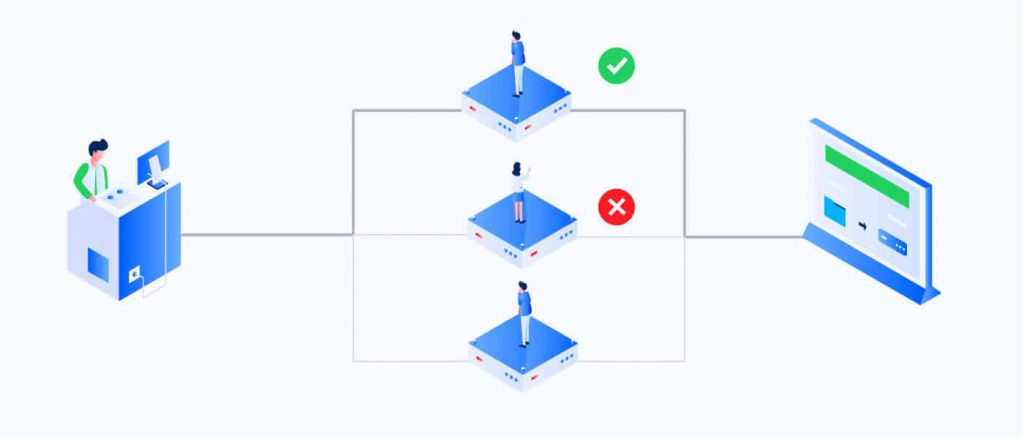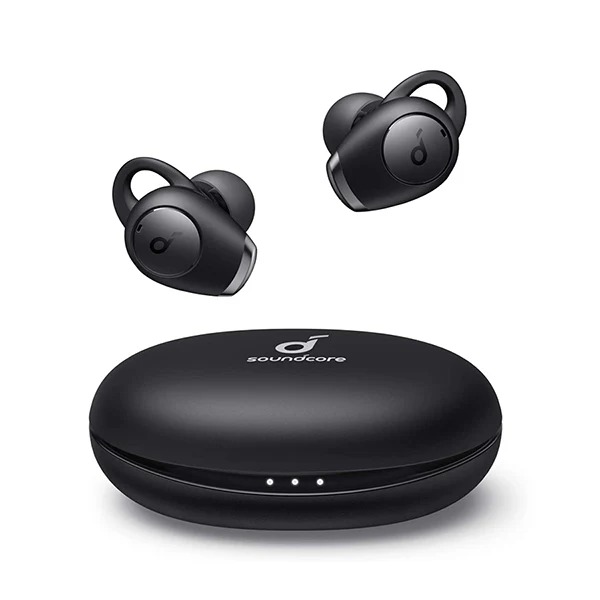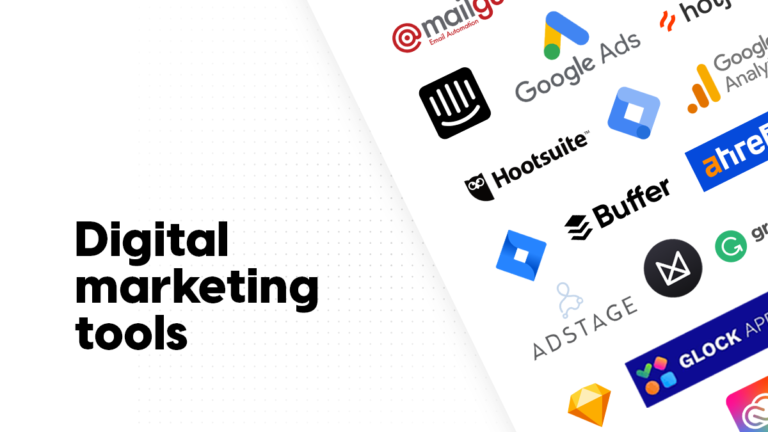What Are Residential Proxies?
Residential proxies are unique intermediary servers that connect you to websites using real IP addresses assigned by Internet Service Providers (ISPs) to actual people. These proxies are particularly useful for enhancing online privacy, web scraping, and bypassing geographical restrictions. Unlike datacenter proxies, which use IP addresses from cloud hosting companies, residential proxies come from real users’ devices such as desktops, laptops, or mobile phones, making them harder to detect.
Why Use Residential Proxies?
The best residential proxies are preferred for multiple reasons, primarily because they offer a higher level of anonymity. When using a residential proxy, your connection looks like it’s coming from an actual person’s device. This makes them ideal for activities such as:
- SEO Monitoring: SEO agencies rely on residential proxies to scrape search engines and gather accurate keyword data without being blocked.
- Ad Verification: Advertisers use residential proxies to ensure their ads are displayed correctly across different locations.
- Travel Aggregation: Sites like Trivago use them to monitor travel prices without revealing their true location.
- E-commerce Monitoring: Businesses use residential proxies to track product prices and trends on websites like Amazon without getting false data.
How Do Residential Proxies Work?
Think of a residential proxy server as a mediator between you and the website you want to access. It borrows someone else’s IP address and makes it yours, allowing you to surf the web anonymously. When you connect to the proxy, it routes your requests through real devices, ensuring websites see you as a legitimate user. This setup allows residential proxies to avoid detection, making them suitable for tasks like managing multiple accounts or scraping large volumes of data.
One key feature of residential proxies is IP rotation. This means your proxy IP changes periodically, either after each request or after a set amount of time (called “sticky sessions”). For example, a company scraping data from different websites can rotate IPs to avoid being flagged or blocked.
Main Use Cases of Residential Proxies
Here are some common use cases for residential proxies:
- Social Media Management: Many users manage multiple social media accounts on platforms like Instagram and Facebook. Residential proxies help bypass platform restrictions, allowing seamless operation of multiple accounts.
- Web Scraping: Companies often use residential proxies to gather large amounts of public data from websites for competitor analysis and market research. These proxies allow continuous scraping without getting blocked.
- Market Price Monitoring: Retailers and e-commerce companies use residential proxies to monitor competitors’ prices and adjust their own accordingly.
- Ad Verification: Residential proxies allow businesses to check if their ads are displayed correctly across different locations without being detected.
How Providers Build Residential IP Pools
Residential proxies don’t come from a single source; they are usually gathered through multiple methods:
- SDK Integration: Some providers use SDKs (small pieces of code) integrated into apps or browser extensions, allowing end users to share their IPs.
- Direct Traffic Purchase: Companies can buy traffic from users who are willing to share their internet bandwidth.
- Contracts with ISPs: Some providers partner directly with ISPs to lease residential IP addresses.
These methods help providers create large IP pools, making residential proxies available from various geographic locations.
Pros and Cons of Residential Proxies
Let’s take a look at the advantages and drawbacks of using residential proxies:
Pros:
- Hard to Detect: Residential proxies are almost impossible to identify as proxies, making them ideal for avoiding detection.
- Global Coverage: These proxies offer a wide range of locations, making it easy to access content from different countries or regions.
- Scalability: Residential proxies can handle large-scale operations, making them perfect for web scraping and SEO tasks.
Cons:
- Cost: Residential proxies are generally more expensive than datacenter proxies due to the complexity of acquiring real IPs.
- Variable Connection Quality: The quality of the connection depends on the network speed of the real user, which can result in unpredictable uptime.
- Ethical Concerns: Some providers use questionable methods like botnets to gather residential IPs, which raises ethical questions about user consent.
Conclusion
Residential proxies offer numerous advantages, especially for businesses involved in web scraping, SEO monitoring, and ad verification. The best residential proxies provide unmatched anonymity and location flexibility. However, their cost and potential ethical issues should be considered when deciding to use them. While these proxies are effective, it’s essential to choose a provider that adheres to ethical standards and uses secure methods to gather IP addresses.








